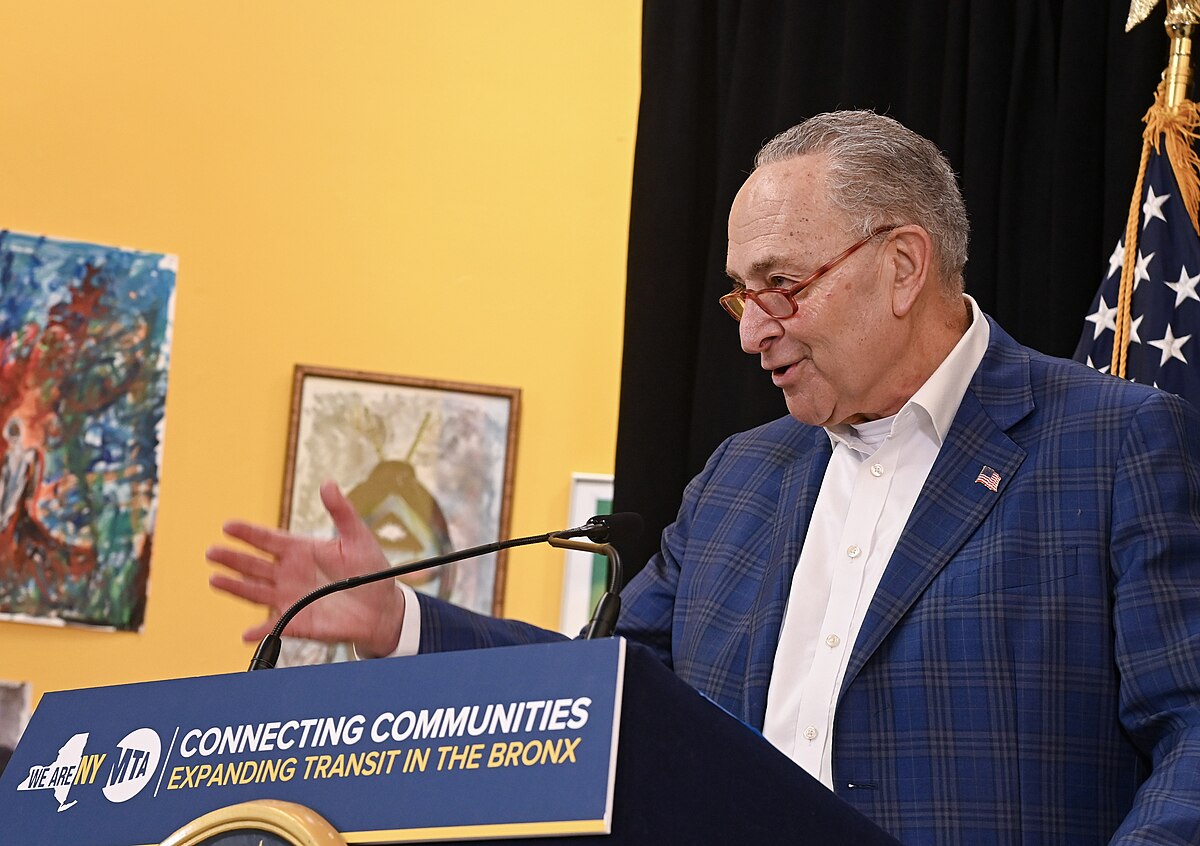Illinois Judge Issues Second Block on So-Called “Assault Weapons” Ban
An Illinois judge issued a second temporary restraining order on Thursday against a ban on so-called “assault weapons” Magazines that contain more than 12 rounds
The lawsuit (pdf1,690 plaintiffs filed a lawsuit against Gov. J.B. Pritzker, D-Ill., argued in January that the Protect Illinois Communities Act was (HB 5471) violated multiple clauses in the Illinois Constitution, including the single subject rule, three readings clause, due process clause, and equal protection clause.
T. Scott Webb, White County Resident Circuit Judge dismissed the first three claims but ruled in favor for the plaintiffs regarding the fourth claim. This was the violation under the Equal Protection Clause.
Webb noted that since there is no legislative history for the court to review regarding how the legislature chose who to exempt from the ban, “this Court finds that the Act fails to meet the standard.”
“To this end, this Court finds that the Plaintiffs have established a protectable right and are likely to succeed on the merits,” he wrote in his ruling (pdf).
The Democratic-controlled Illinois legislature The law was passed January saw restrictions imposed on semi-automatic guns, ammunition magazines, as well as devices that increase the weapon’s firing speed. This legislation required that anyone legally owning these items register with the state police. It also prohibited the sale or transfer of these firearms and accessories.
The restrictions did not apply to certain people such as military personnel, law enforcement officers, corrections officers, or others.
The first temporary restraining orders were issued by Judge Joshua Morrison, Effingham County, Januarypdf), ruling that the law violated the time frame set out in the Illinois Constitution for its passage.
Procedural Defects ‘Most Concerning’
Webb stated that the original law text was amended in an apparent effort to avoid debate and speed up passage.
“This Court finds the procedural defects in the passing of the Act most concerning. The fact that the original text of the Act was introduced as HB 5855 is disconcerting at best,” Webb wrote. “It is apparent that the legislature knew that it would not have time to follow the correct procedures, i.e., three readings, and pass the bill.”
“In what seems to be a clear attempt to avoid debate and ensure lightning-like passage, they gutted the original contents of HB 5471 (insurance regulation) and replaced it with the contents of HB 5855,” He continued.
Webb says that the court considers the legislative actions to be criminal. “a blatant violation of the three readings requirement of the Illinois Constitution.”
Despite these concerns the judge stated that he was unable to rule in favor plaintiffs on this count because of a recent opinion from the Fifth District Appellate Court.
Webb, therefore, denied Webb’s request for a temporary order of restraining on the basis of the three readings clause allegations. Webb also denied the third count concerning due process, citing that opinion.

Equal Protection
Webb stated that the Illinois Constitution’s equal protection clause requires the government not to treat similar-situated people differently unless the government can prove a reason.
Webb stated in his ruling that because the bill concerns the fundamental right of bear arms, the legislation should not restrict that right in any way that is detrimental to it. “compelling state interest.” Furthermore, it is important to ensure that the legislative process was fair and transparent.
The defendants claimed that plaintiffs could not claim equal protection rights under Illinois Constitution, as they could argue for their Second Amendment rights in the U.S. Constitution. Webb disagreed with this argument.
The defendants also claimed the plaintiffs didn’t show that they were similar to those exempt from the ban. Webb stated that the ban was not subject to legislative history review. “almost impossible” To determine why some people were exempted from certain restrictions and others not, the legislature didn’t provide an explanation.
“It has been speculated that the legislature chose the classifications to exempt based upon firearms training. Again, this is mere speculation because there exists no legislative history or debate record to aid this Court in understanding the foundational basis for the exemptions,” Webb wrote.
Webb pointed out that plaintiffs raised concerns in oral arguments regarding the exclusion of prison wardens’ training requirements. He also noted the inconsistency with exempting veterans but active-duty military, who may have had similar firearms training.
According to court filings, defendants claimed that the Illinois Constitution doesn’t guarantee the right of bear arms. Webb disagreed. He stated that “it simply cannot be the case” The Illinois Constitution provides less protection against “government intrusion” Rather than the U.S. Constitution.

‘Erosion of a Fundamental Right’
Webb pointed out that there is no legislative history. “to shed light on that issue.”
Webb stated that Webb had not seen any studies or references that would show how a ban on mass shootings would reduce them.
“[T]his Court is left only to speculate as to how exempting certain individuals from the Act, while not exempting others, who seem to possess similar firearms training would further the deter mass shootings,” Webb wrote.
The judge ultimately found that the plaintiffs would suffer irreparable harm if the temporary restraining order wasn’t granted, noting that the issue related to “the erosion of a fundamental right, the right to bear arms, by treating what appears to be similarly situated people differently.”
" Conservative News Daily does not always share or support the views and opinions expressed here; they are just those of the writer."






Now loading...